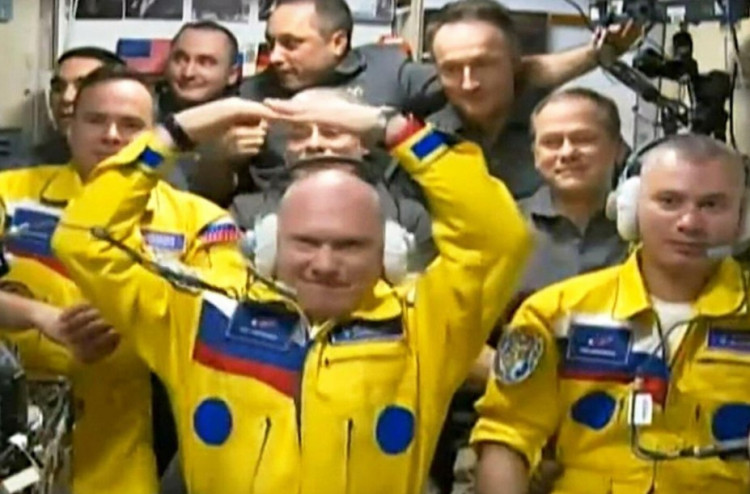After 2024, Russia will withdraw from the International Space Station (ISS) program, according to the newly appointed head of Roscosmos, Russia's state space agency, this was announced on Tuesday (July 26).
The leadership of Roscosmos has been threatening to leave the International Space Station for months, claiming that sanctions from the West will "destroy" Russian cooperation there. Although numerous and provocative, none of those threats have yet to sound as firm as the most recent declaration made by the new Roscosmos director.
According to the Associated Press, Yuri Borisov, the current chairman of Roscosmos, stated that "the decision to depart the station after 2024 has been decided."
"That is very recent news, and so we haven't heard anything officially," Kjell Lindgren, a NASA astronaut presently stationed on the International Space Station (ISS), made this statement on Tuesday (July 26) during the 11th International Space Station Research and Development Conference (ISSRDC).
Currently, Lindgren is the NASA SpaceX Crew-4 mission's commander.
"Of course, you know, we were trained to do a mission up here and that mission is one that requires the whole crew and so we continue to work every day to conduct the science and research that we've been trained to conduct," he continued.
"As a crew, we continue to work towards success and that is everybody working together to make sure we're accomplishing the science and keeping the crew and the vehicle safe."
In a statement released on Tuesday (July 26), NASA Administrator Bill Nelson said that the agency is "committed to the safe operation of the International Space Station through 2030, and is coordinating with our partners," adding that "NASA has not been made aware of decisions from any of the partners, though we are continuing to build future capabilities to assure our major presence in low-Earth orbit."
Scott Pace, who from 2017 to 2020 held the positions of executive secretary of the National Space Council and deputy assistant to the president, stated via email that Russia's announcement was "not a surprise" and that "reiterating their current commitment through 2024 is helpful for planning."
What happens beyond 2024 is still largely unknown, according to Pace, and the key question is when detailed technical conversations about how the transition will be handled will start (rather than whether there will be a transition).
Maintaining the Station's altitude in the future, replacing Moscow's ground communications assistance, and disposing of Russian assets currently connected to the Station will all be taken into account. It is uncertain whether Russia will be able to develop and operate its own, smaller station after the Station.





